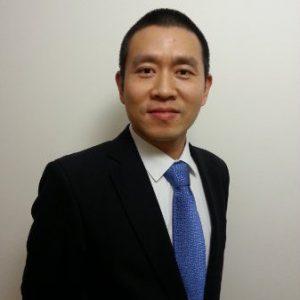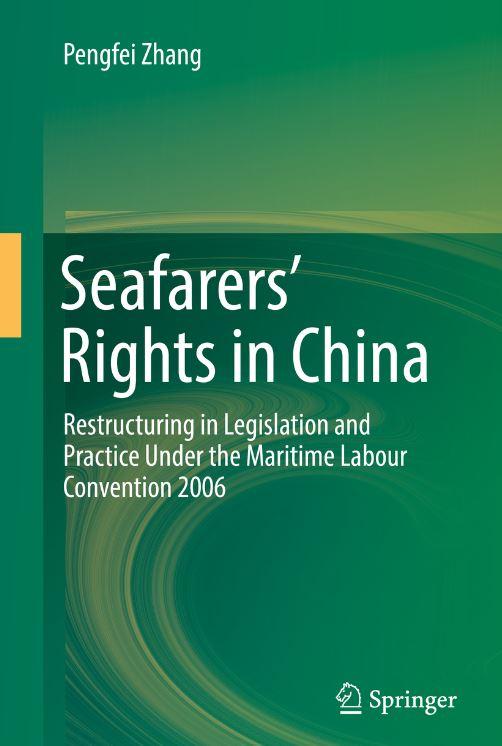The HRAS Interview with Dr Pengfei Zhang – Chinese Seafarers: An Invisible Group
The latest interview from the ‘HRAS Interview’ platform comes from Dr Pengfei Zhang where he discusses in detail the challenges of Chinese seafarers and the effects of international legislation which protects seafarers rights.
In recent years, China has emerged as a world leader in shipbuilding, shipowning and seafarer-supply. Why is it then that Chinese seafarers remain an invisible group as far as many of the nation’s legal protections are concerned?

Dr Pengfei Zhang, academic, lawyer and former master mariner completed his PhD thesis on the barriers Chinese seafarers face in achieving the same level of remuneration and rights as inscribed in some international standards. His subsequent book Seafarers’ Rights in China: Restructuring in Legislation and Practice under the MLC 2006 was published by Springer last year.
HRAS spoke to Pengfei about how the latest development of seafarers’ rights in China under the Maritime Labour Convention 2006 (MLC).
How did you first get started in seafarer rights?
As a seafarer working on board international merchant ships for more than eight years, I had myself experienced unfair treatment quite often. This included low wages, long working hours, poor working and living conditions and exploitation by manning agencies.
In 2009, I started to teach maritime courses in Shanghai Maritime University. Before that, I worked as a maritime lawyer and helped many Chinese seafarers involved in maritime labour disputes. This helped me to better understand the problems and challenges of seafarers. In 2012, when my career in China was growing well, I made a decision to do my PhD in London and started my academic research on seafarers’ rights.
There were several reasons for that. The most important one was that I had seen the big picture, not just for China, but for the whole world. Shipping is very important, and seafarers are very important, but research on seafarers is relatively sparse, in particular in China. I have the right background, and I am the right person to do this, and I believe the most valuable and meaningful thing for me is to do research on this topic. I am sure that I can make unique contribution.

